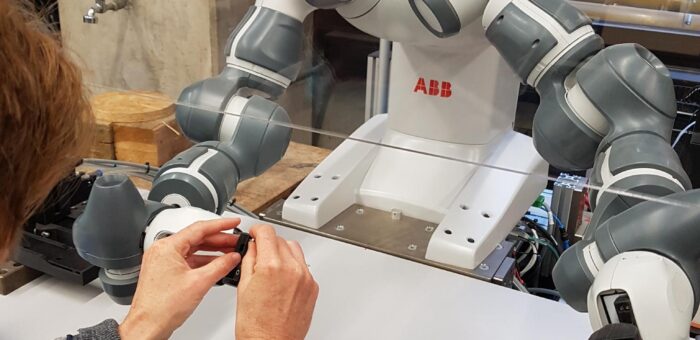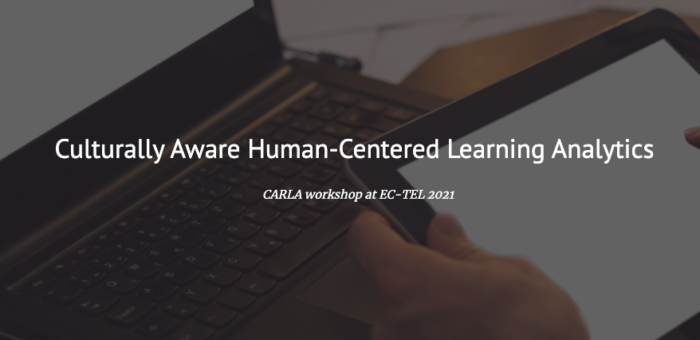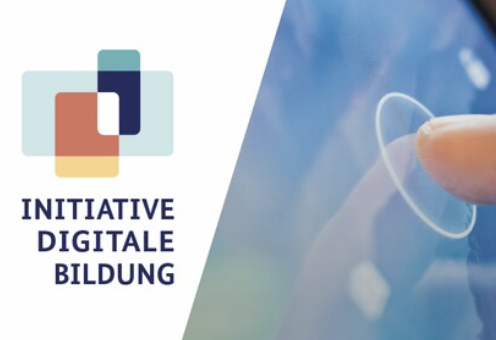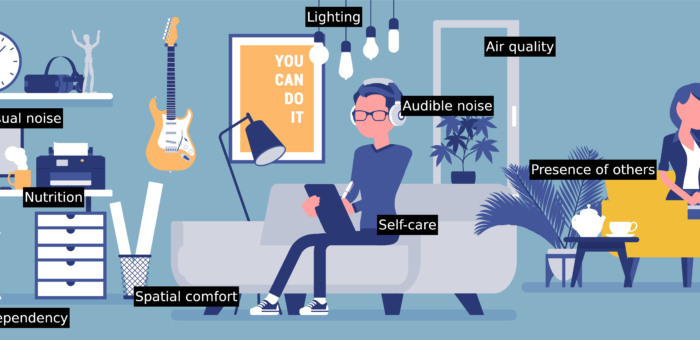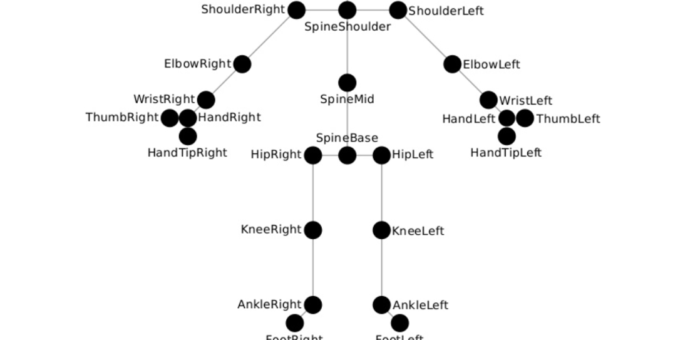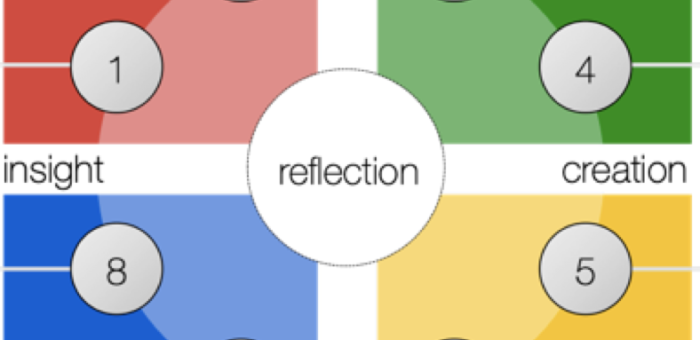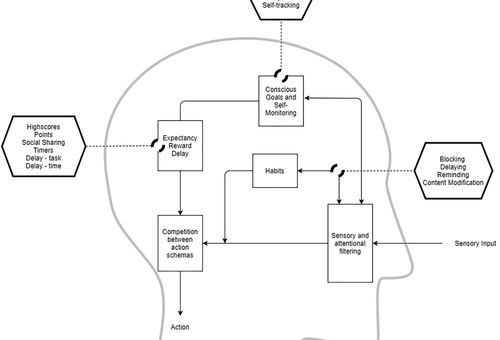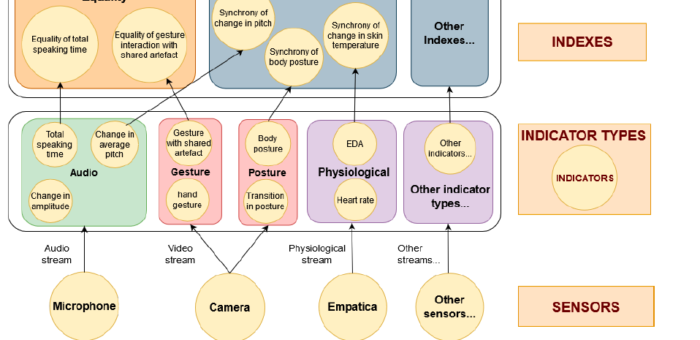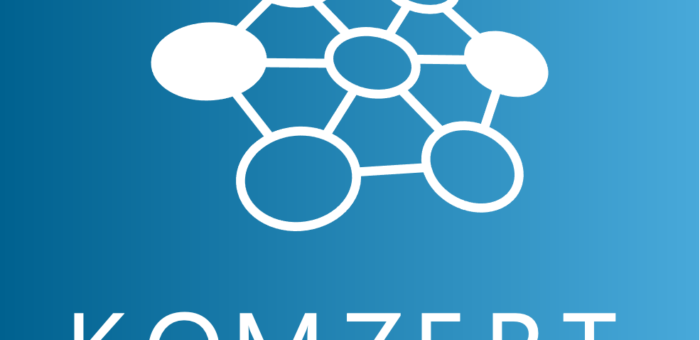
Nationale Bildung Plattform (NBP) Brainstorm Meeting
Further Education, General education, Higher Education, Lifelong Learning, Project, School, Workshop
Today, representatives from BMBF, DIPF, studiumdigitale and Open University NL discussed the potentials and challenges of the Nationale Bildung Platform (NBP) initiative by BMBF. The BMBF is following a fresh and new approach to making the NBP actually become a sustainable platform. This was great to see and is a very promising approach for digital education in Germany. We first got a presentation of the KOMZERT project that works on the use case for the NBP. KOMZERT aims to develop a virtualized training program for teachers that enables them to acquire methodological knowledge and digital skills in order to design their own teaching/learning scenarios in such a way that the potential of innovative educational technologies can be exploited. The teachers learn methods and tools that are used during the qualification…

